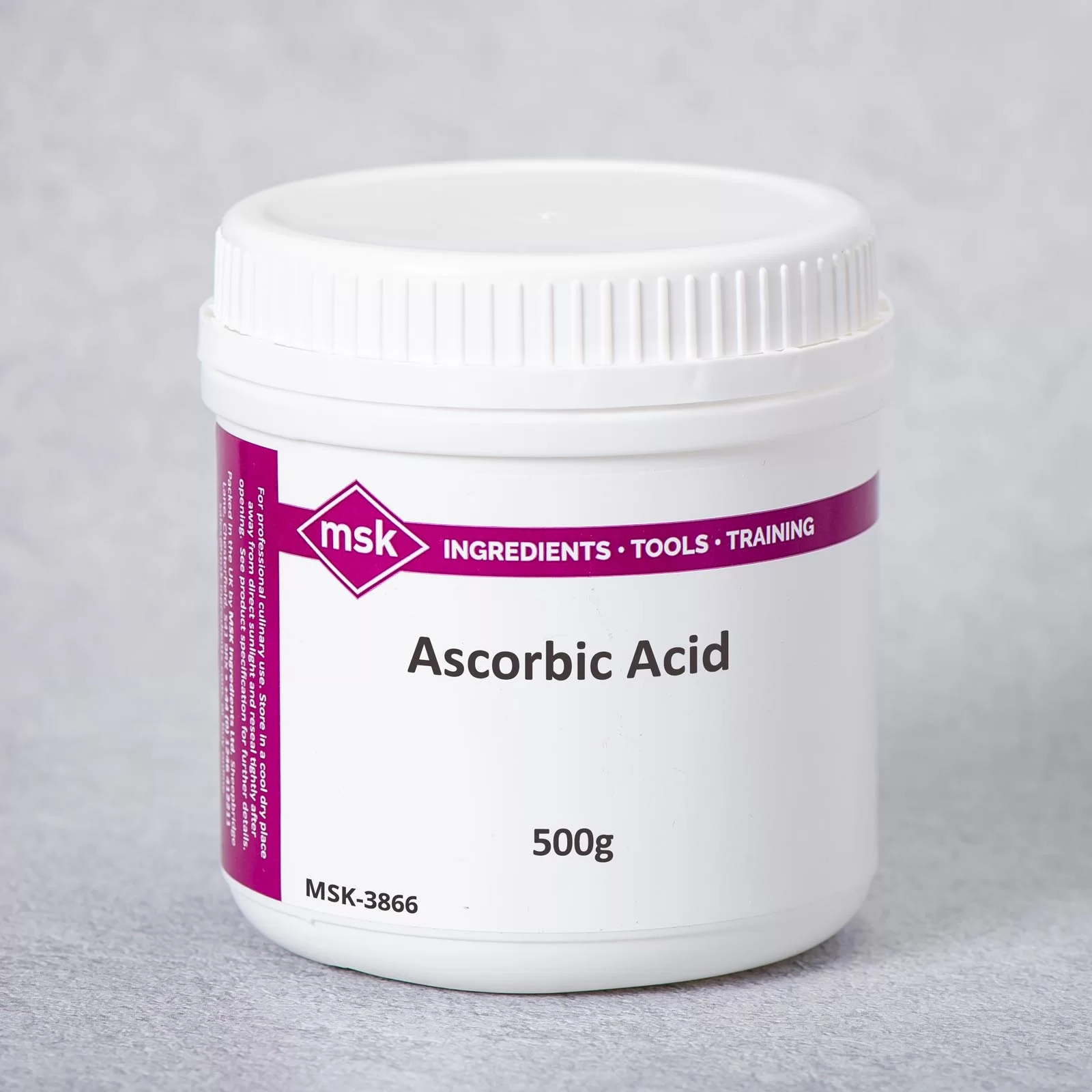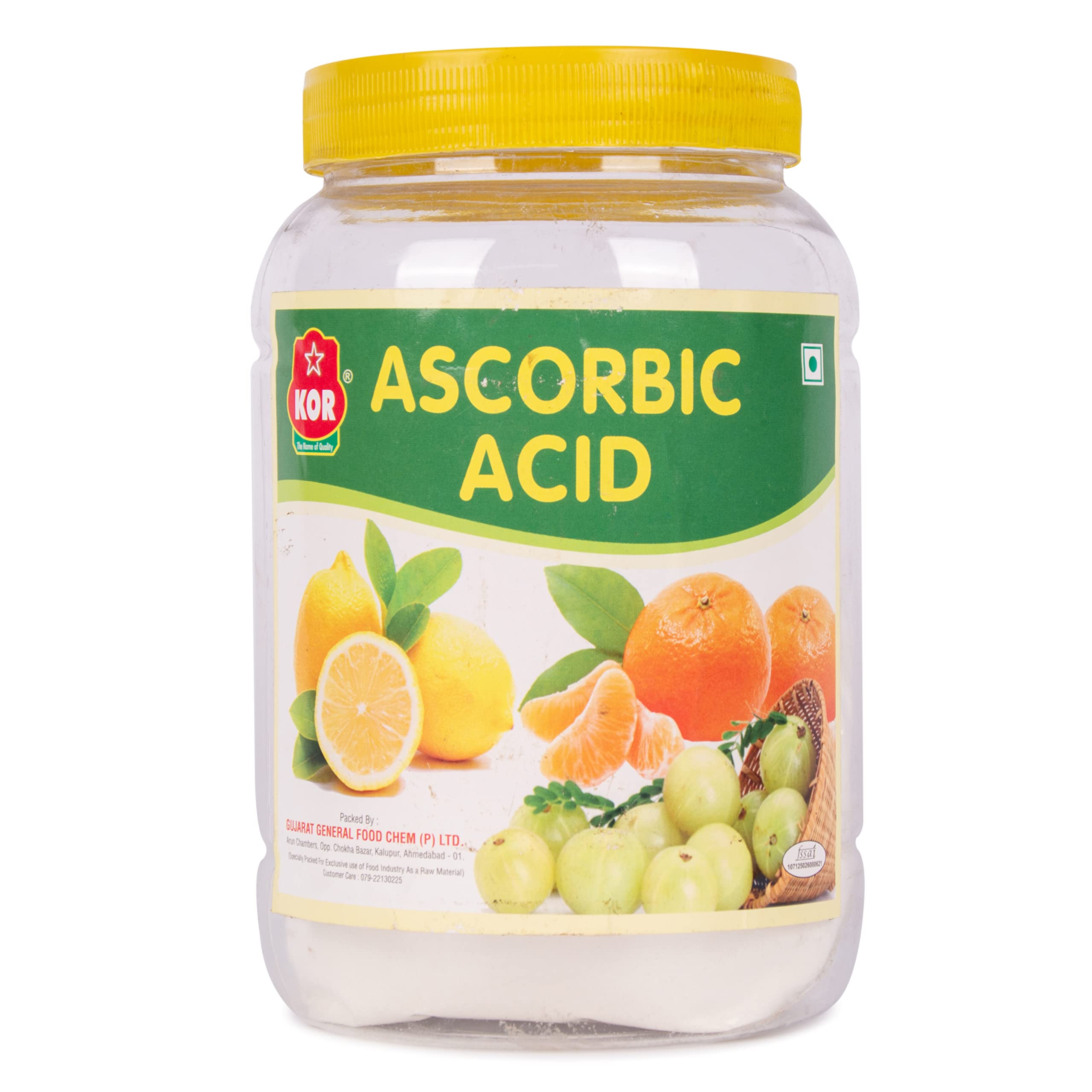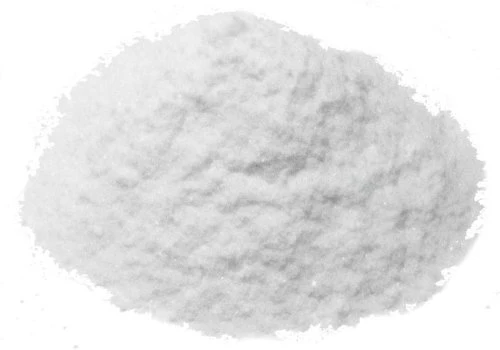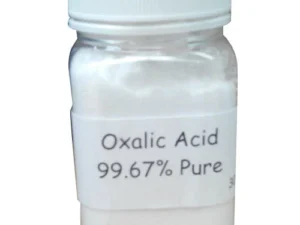Description
Title: Ascorbic Acid: The Powerhouse Vitamin
Introduction
Ascorbic acid, also known as vitamin C, is a water-soluble vitamin that is essential for human health. It is a powerful antioxidant that plays a crucial role in the body’s development and repair. Unlike most mammals, humans cannot produce ascorbic acid, so it must be obtained through diet or supplementation.
Sources of Ascorbic Acid
Ascorbic acid is found in a wide variety of fruits and vegetables. Some of the richest sources include citrus fruits, berries, kiwi, melons, mangoes, pineapple, papaya, tomatoes, bell peppers, broccoli, Brussels sprouts, and leafy greens. Cooking and storage can reduce the ascorbic acid content in foods, so it’s best to consume them raw or lightly cooked.
Functions of Ascorbic Acid
Ascorbic acid is a potent antioxidant that helps protect the body’s cells from damage caused by free radicals. Free radicals are unstable molecules that can cause oxidative stress, leading to chronic diseases such as cancer, heart disease, and diabetes. Ascorbic acid also plays a vital role in the synthesis of collagen, a protein that is essential for the maintenance of healthy skin, tendons, ligaments, and blood vessels.
Additionally, ascorbic acid is necessary for the absorption of non-heme iron, the form of iron found in plant-based foods. It also helps in the metabolism of amino acids, cholesterol, and certain hormones. Furthermore, ascorbic acid has been shown to boost the immune system, reduce inflammation, and improve wound healing.
Ascorbic Acid Deficiency
Ascorbic acid deficiency is rare in developed countries, but it can occur in individuals who consume a diet low in fruits and vegetables. The most common symptom of ascorbic acid deficiency is scurvy, a condition that can cause fatigue, swollen gums, joint pain, anemia, and skin hemorrhages. Scurvy can be fatal if left untreated, but it is easily prevented with a diet rich in ascorbic acid or supplementation.
Ascorbic Acid Supplementation
While a balanced diet can provide adequate amounts of ascorbic acid, some individuals may benefit from supplementation. Those at risk of deficiency include smokers, pregnant or breastfeeding women, individuals with malabsorption disorders, and those who consume a restrictive diet. Supplementation can also be beneficial for individuals who are under extreme physical stress, such as endurance athletes or those recovering from surgery or illness.
When choosing an ascorbic acid supplement, it’s essential to select a high-quality product from a reputable manufacturer. Look for supplements that contain pure ascorbic acid, rather than those with added fillers or artificial ingredients. It’s also important to follow the recommended dosage, as excessive intake can lead to gastrointestinal symptoms such as diarrhea, nausea, and abdominal cramps.
Conclusion
Ascorbic acid is a vital nutrient that plays a crucial role in human health. As a powerful antioxidant, it helps protect the body’s cells from damage, and as a cofactor in collagen synthesis, it helps maintain healthy skin, tendons, ligaments, and blood vessels. While a balanced diet can provide adequate amounts of ascorbic acid, supplementation may be necessary for certain individuals. By choosing high-quality supplements and following the recommended dosage, individuals can ensure they are getting the necessary amount of this powerhouse vitamin.












Reviews
There are no reviews yet.